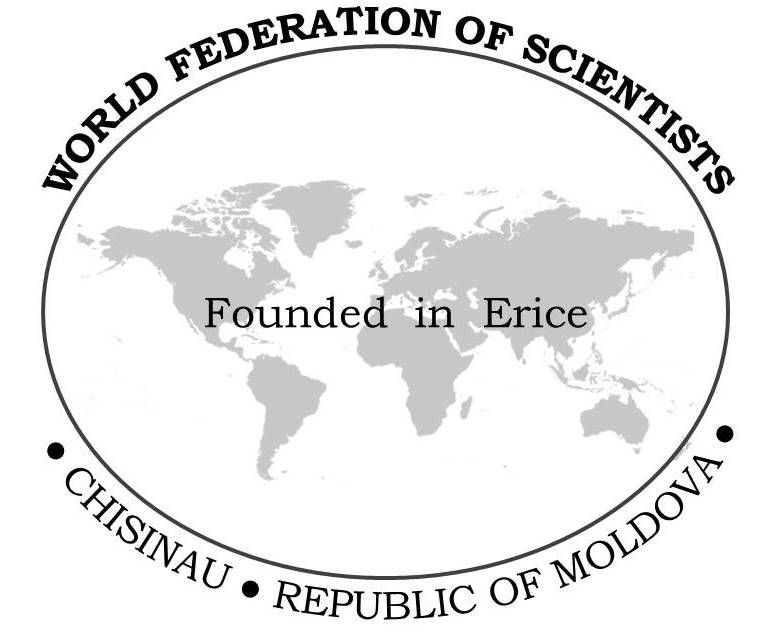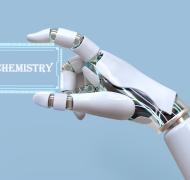- 181 views
At the planetary emergency seminar in Erice, Italy, the issue of artificial intelligence (AI) and its impact on global development was discussed. Prof. Sun Kun Oh from Seoul National University, South Korea, spoke in detail on this topic. In the context of this debate, I considered it appropriate to include some ideas regarding AI's influence on chemistry, a field in which I work as a chemist, in the final declaration from Erice.
Artificial Intelligence has a significant and continually growing impact on chemistry, opening new opportunities for research and development. Here are some ways in which AI is influencing this crucial field:
1. Discovery of New Materials and Chemical Compounds
Machine learning algorithms explore vast chemical spaces to design and discover new molecules with specific properties, essential in developing drugs, advanced materials, or efficient catalysts.
AI suggests more efficient synthesis pathways for chemical compounds, thereby saving time and resources in laboratories.
2. Chemical Modeling and Simulation
AI enhances the accuracy and efficiency of complex chemical simulations, such as those involving chemical reactions or molecular dynamics, facilitating a deep understanding of chemical mechanisms at the atomic and molecular levels.
AI helps solve complex problems in quantum chemistry, such as predicting molecular binding energies or the electronic behavior of chemical systems.
3. Automation and Robotics
Combined with robotics, AI enables autonomous laboratories to conduct chemical experiments, analyze results, and adjust experimental conditions to optimize reactions and processes.
AI-powered automation significantly reduces the time required for experimentation, analysis, and optimization cycles, accelerating research and development in chemistry.
4. Data Analysis and Interpretation
AI can analyze large experimental or spectroscopic data sets to identify patterns, predict chemical behaviors, and interpret complex results. For example, in spectroscopy, AI assists in the deconvolution of signals to extract clear information about chemical structures.
AI helps researchers identify trends and generate new working hypotheses by extracting relevant information from scientific publications and databases.
5. Personalization and Optimization of Medical Treatments
AI contributes to developing personalized medicines tailored to each patient's genetic and biological profile, directly influencing chemotherapy and other chemical treatments.
AI algorithms predict chemical compounds' toxicity and side effects, improving drug safety before they reach clinical phases.
6. Green and Sustainable Chemistry
AI supports the development of more environmentally friendly chemical processes, minimizing waste and resource use, thereby reducing environmental impact.
AI is used to design more efficient catalysts that reduce the energy required for chemical reactions and increase the efficiency of industrial processes.
In this context, AI is profoundly transforming chemistry, accelerating discoveries, improving process precision and efficiency, and opening new avenues for innovation in this essential field.
I hope these ideas will contribute to the discussions on AI's impact on chemistry at the seminar in Erice.
Acad. Prof. Gheorghe Duca

